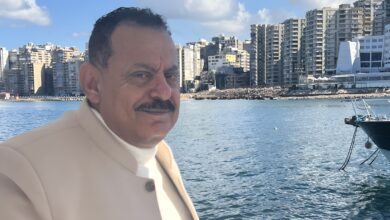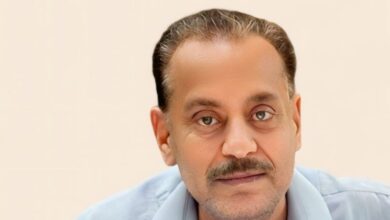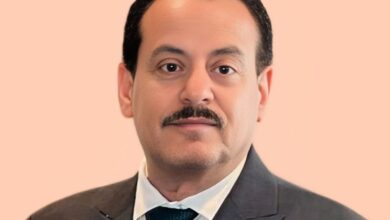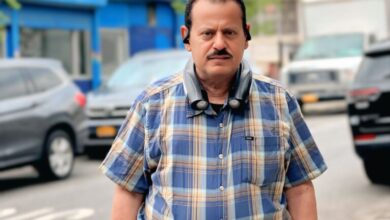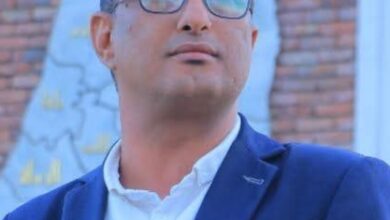From My Diaries in America: A Conference and a Job Seeker
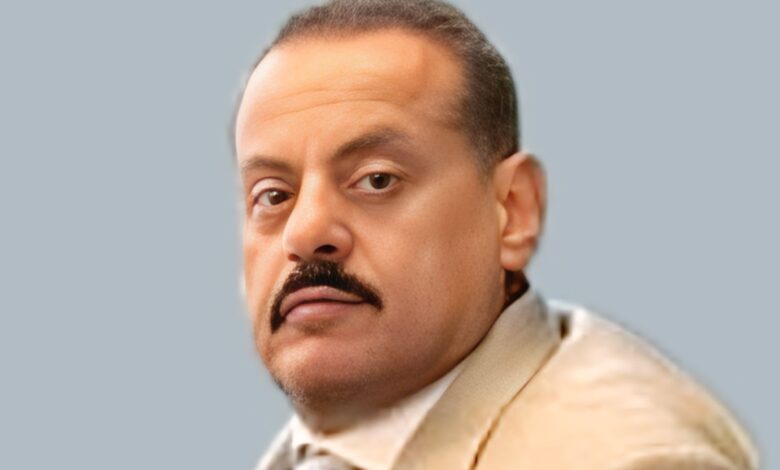
Yemeni mp
Ahmed Saif Hashed
Holda is an activist interested in human rights and religious freedoms. She studied at a university in Hong Kong, China. She uses her platforms to raise awareness about issues of persecution and support those affected. I don’t know much more about her than this information.
She reached out to me through a short message on my phone. I didn’t respond as I should have to her first message. I informed my friend to let her know that my priority was my treatment and recovery, and then we lost contact for a few weeks.
My health was the most important thing. I waited over a month and twenty days until I could visit the doctor, followed by appointments, tests, and treatment for some of my complaints, while deferring the rest to an unspecified future.
The treatment and care here for someone in a vulnerable position start with an outpatient clinic and end with the unknown. Between the clinic and the hospital, there are many appointments, and the wait can be long, requiring a lot of patience. In the meantime, my options are limited, and my condition does not allow me to endure much longer. There is a gap I cannot bridge; therefore, I decided to participate in the conference, hoping to find another option or a job that might alleviate my growing difficulties and depleting patience.
The decision to attend was not without its audacity. If I had weighed it with caution and precision, I would not have participated, nor would I have sought an option to ease my situation. My participation felt like embarking on a journey without provisions or water—traveling on a rainy day on a slippery road, with low visibility, accompanied by anxiety, uncertainties, and precautions.
The challenges are many: the language barrier, the translator, financial constraints, and the feeling of alienation in a country I am visiting for the first time. The difficulty of navigating my way around and other details means that any mistake could lead to further confusion and loss, as well as regret from missing appointments.
I imagined that my audacity in agreeing to participate was akin to the story of that kind Somali man who, under the pressure of needing work, claimed to know every skill and craft. Whenever they asked him to do something, he would respond with a broken phrase: “You ask once, I know.” I gathered my courage and proceeded with my intention, and it was acceptable to seek help from a friend to overcome the challenges hindering my progress.
* * *
I began searching my phone for the contact information of Dr. Tarek Al-Amry, an American citizen and the son of a former member of the Yemeni Parliament. Our friendship was still limited and relatively new, but what encouraged me to reach out for help was that he had previously offered assistance if I ever needed to apply for political asylum in America. I told myself I didn’t want asylum, but I would try to see if he could help me with something lighter: accompanying me and assisting me at the conference.
I contacted him by phone, but he informed me that he was busy. However, he promised to find someone to take over the task in his place. After an hour, he informed me that Omar Al-Saadi, a businessman also holding American citizenship, resides in Manhattan and would accompany me for translation and assist me at the conference, especially since the invitation permitted him to do so. This news delighted me. Moreover, he mentioned that he would cover any expenses I might incur. I was pleased with this but told him that I only needed his help with travel and assistance, and that I did not require financial support.
I coordinated with Holda, one of the conference organizers, and through her, we managed to overcome some obstacles and minor details until we arrived in Washington and entered the conference hall.
I felt Holda’s warm welcome; her kindness, gentleness, and attentiveness throughout the conference were truly remarkable. She had a captivating charisma and vibrant energy. She was beautiful, but her spirit was even more beautiful. I was delighted when she attempted to speak to me in a few Arabic phrases.
During the first break in the conference hall, she introduced me to another participant named Fernanda San Martin. Her introduction was quite brief, but I later learned that she is a prominent figure in the field of human rights, serving as the director of the International Parliamentarians for Freedom of Religion or Belief. She is a former member of the Bolivian Parliament, a law professor, a legislative drafting expert, a lawyer, and a former politician actively promoting human rights through her work with parliamentarians and international organizations.
In her brief introduction, she mentioned that she runs an organization with over 400 employees working in various countries around the world, and she offered me a position in that organization. I was surprised by the offer and immediately responded with a preliminary agreement, saying, “I would be delighted.” Happiness overwhelmed me like a waterfall of joy, even though I didn’t know many of the details that could change the situation and my circumstances.


